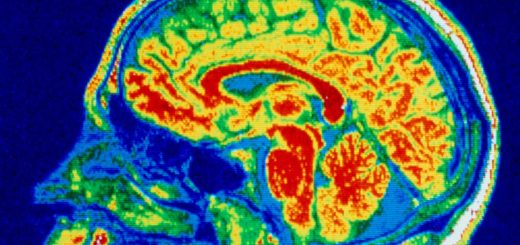Electronic tongue could let you taste cake in virtual reality
Virtual reality could get more realistic thanks to scientists inventing an artificial tongue that can taste flavours, such as sourness and umami
By Alex Wilkins
28 February 2025
Hydrogels with a taste are administered into the mouth via a small tube
Shulin Chen
An electronic tongue that can replicate flavours like cake and fish soup could help recreate food in virtual reality, but can’t yet simulate other things that influence taste, such as smell.
Yizhen Jia at The Ohio State University and his colleagues have developed a system, called e-Taste, that can sample a food and work out how to partly recreate its flavour in someone’s mouth.
Read more
Your ultimate guide to ultra-processed food – how bad is it really?
Advertisement
This involves using chemicals that correspond to the five basic tastes: sodium chloride for salty, citric acid for sour, glucose for sweet, magnesium chloride for bitter and glutamate for umami. “Those five flavours are already accounting for a very large spectrum of the food we have daily,” says Jia.
The system uses sensors to detect the levels of these chemicals in food, converts them to digital readings, and then sends these values to the pump, which pushes small amounts of different flavour-containing hydrogels into a small tube under a person’s tongue.
First, the researchers tested the system for single flavours, asking 10 people how well the device reproduced sourness on a five-point scale, compared with real samples of sour tastes. They gave the same number for the reproduced and real sourness 70 per cent of the time.


